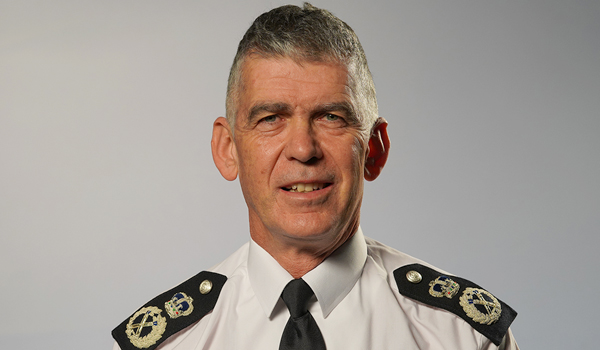Police forces using behavioural science to tackle internal misogyny and sexism
The College of Policing is using behavioural science to tackle sexism and misogyny in police ranks with an evidence-based action plan to be implemented across the country.
College researchers working with scientists identified more than 120 reasons why sexism and misogyny exist in policing, including everyday sexism becoming a social norm, lack of trust that reporting inappropriate behaviour will be taken seriously and a fear that reporting will have a negative consequence on career prospects.
“Behaviour change scientists considered three factors that drive how we act: our capability to do something, our opportunity to do it and our motivation to do it,” said the college. “Evidence shows all three of these issues must be addressed at the same time to start to eradicate sexism and misogyny from policing.”
College research has identified 12 targeted and effective ways to tackle this that cover four main themes of creating a ‘call out’ culture, creating a safe way to raise concerns, equipping everyone with the knowledge to spot sexism and misogyny and incentivising people to do so.
College of Policing chief executive officer, Chief Constable Andy Marsh, said: “For too long everyday sexism has existed in policing, with some colleagues worried about speaking up as either a victim or a witness of sexist behaviour.
“I’m really encouraged by work already underway to tackle this across the country but to deliver lasting change that eradicates misogyny from our culture we must work together, follow the evidence and adopt a joined-up science based approach.
“Using behaviour change science in policing to rebuild public trust and confidence is revolutionary and when implemented across all forces I am confident we will see real and lasting change.
“We must have our house in order and be free of sexism, misogyny and other discrimination. Only by doing this will we maintain the fabric of policing by consent.”
The team, including a behaviour change scientist, has been working on the plan since late last year.
Issues found include:
- A culture of solidarity in which perpetrators are protected and those who speak up are victimised;
- Not trusting reports of sexism will be dealt with objectively and confidentially;
- Concerns about the burden of an investigation process and lack of outcomes; and
- Fear and embarrassment of upsetting others or causing offence.
The 12 point plan includes:
- Ensuring officers demonstrate inclusive behaviours as part of initial recruitment and promotion assessments;
- Policies that prevent and protect those who raise concerns from retaliation like cutting them off, blocking progression or false counter complaints;
- ‘Red flag’ training for leaders so they can spot and manage early signs of sexism and misogyny to prevent escalation; and
- Anonymous and/or confidential reporting systems.
The College of Policing says it is now developing the 12 interventions, considering the resource and cost of each and looking at how effectively they can be implemented across the whole country.
It said monitoring and evaluation will continue once the interventions start being implemented so that quick-time adjustments can be made to ensure success of the plan


